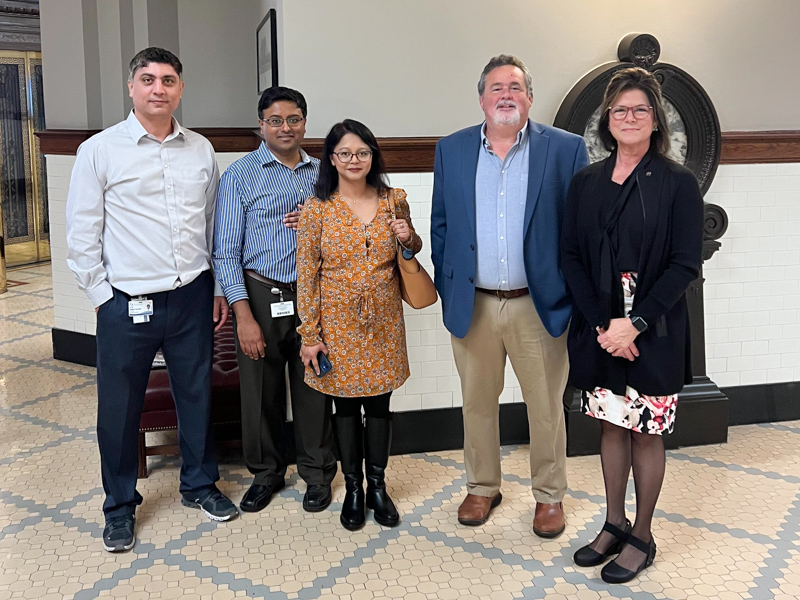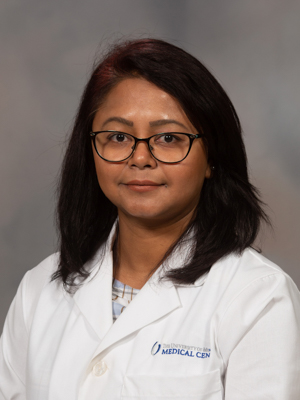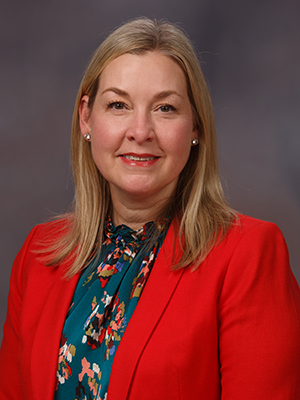Schoolhouse docs: Health policy fellows learn legislative process

The doctors are in the House – the Mississippi State House of Representatives, that is.
The Health Policy Fellowship at the University of Mississippi Medical Center ended its 2022 session as state lawmakers ended theirs last month, granting fellows knowledge of government that will help them advocate for a healthier Mississippi.
The John D. Bower School of Population Health started the program in 2019 as a way for its students, residents and faculty to learn about health care policy and Mississippi’s legislative process.

“Policy can have a long-lasting impact,” said Dr. Fazlay Faruque, professor of preventive medicine and fellowship director. “However, physicians and healthcare professionals do not receive much training in how the legislative process works.”
According to the Association of American Medical Colleges, 77 percent of MD-granting institutions offer courses related to health policy and advocacy, but most are electives. In population health, a discipline that emphasizes ways to improve the health of large groups of people, knowledge of systems like government is a useful tool for affecting health outcomes.
“The goal is for the lessons they learn in the fellowship to influence their professional practice, and that the fellows learn how they can influence health outcomes,” Faruque said.
The fellowship occurs during the Mississippi’s legislative session from January to April. The fellows met weekly with the Center for Mississippi Health Policy, which organizes the on-the-ground experience for the fellows, Faruque said.
Mitchell Adcock is the director of the Center, a non-partisan organization that compiles evidence-based research for legislative and public use. He guided fellows through the semester’s activities.
“We try to instill in the fellows how they can be involved in the legislative process and walk them through it,” he said.
The fellows learned the nuances of state government and parliamentary procedure, attended committee hearings and full-chamber sessions, both virtually and in-person, Adcock said.
One of the program requirements is to follow 20 health-related bills through the legislature from proposal to passage – if they get there.
“In 2021, 100 percent of the bills the fellows followed died. And that’s normal,” Adcock said. “Even if a bill seems like a good idea, it’s hard to get it passed.”
The class of 2022 had more success: 15 of the 110 of bills they followed passed both the House and Senate. They concerned topics such as insurance coverage for children’s hearing aids, loans for rural hospital systems and policies affecting state employees, which includes UMMC’s 10,000-member workforce.

“For the legislators trying to pass a bill, it’s very important to be able to convince and communicate,” said Dr. Nusrat Kabir, a 2022 fellow and resident in the Department of Preventive Medicine.
She followed multiple telemedicine-related bills through the halls of the Capitol.
“Telehealth has become more popular during the COVID-19 pandemic,” she said, which also made it a popular component of proposals. “Some were eliminated,” she said, while others passed. For example, SB 2738, which requires insurance to cover and reimburse telemedicine services, was signed into law last month.
In addition to tracking legislation, each fellow wrote a brief on a topic of interest. These documents provide data and information about a health-related issue, but do not propose a policy.
Kelli Irby, an executive assistant in the School of Dentistry and master’s student in population health science, wrote her brief on preventive oral health care.
“There is a huge oral care issue in Mississippi, and it’s addressed in bits and pieces,” Irby said. For instance, her brief notes that 63 percent of the state’s children under age 9 have some level of tooth decay and 25 percent of adults over 65 have no teeth.
“Health begins in the mouth and your oral health affects other parts of your body,” she said.
New to this year’s fellowship was a session with UMMC’s government affairs office. Faruque says adding this component gave the fellows a chance to learn about the federal process and UMMC’s role in government advocacy.

“We discussed UMMC’s requests for the session, appropriations and bonds, and how changes in legislation may affect the Medical Center,” said Kristy Simms, executive director of external affairs.
“There’s learning how the process works, and learning how it really works,” she said.
Irby already had some experience with the state legislature. Her father was a member of the House of Representatives and she served as a page during her youth.
One thing she noted was that although legislators often disagree on policy, they were able to come together in a bipartisan manner for some of the health-related bills they passed, such as the Medical Cannabis Act.
“They were respectful of each other. Even when the debates get heated, they go out as friends,” she said.
These outcomes are the result of years of relationship building and work. Likewise, Faruque hopes to see fruit from the health policy fellowship.
“Our long-term vision for this program is that when fellows are in a position to influence population health, they can,” he said. “If we train them now, we can see positive changes in the future.”


